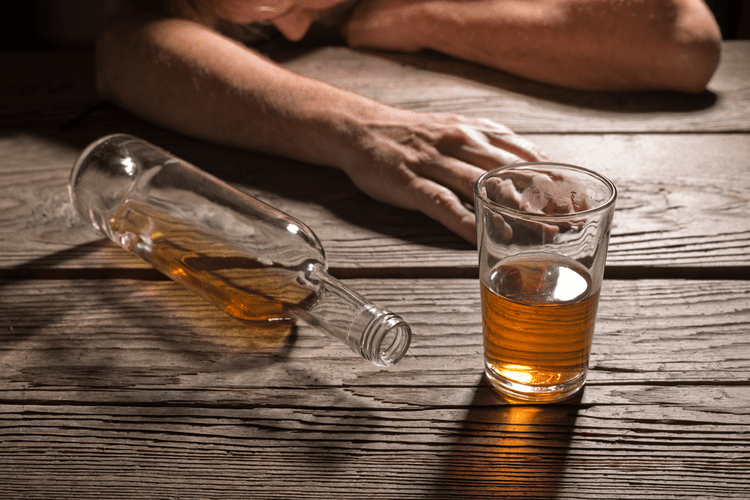The comparison of alcohol’s effects with the effects of conventional reinforcers, such as food, however, provides some clues to dopamine’s role in mediating alcohol reinforcement. However, some food-related stimuli (e.g., taste) that activate phasic-synaptic dopaminergic signal transmission in the NAc shell rapidly undergo a form of tolerance (i.e., habituation) (Bassareo and Di Chiara 1997). For example, rats receiving a palatable food for the first time exhibited significant dopaminergic signal transmission in the NAc shell. A second feeding session that took place within 1 day of the first feeding session, however, induced no or only weak dopaminergic signal transmission. Only about 5 days after the first feeding session did the animals recover the full dopaminergic response to this stimulus. As discussed later in this article, however, alcohol does not induce a comparable habituation.
But, while much is known about how alcohol withdrawal affects the body, a recent study delved deeper, and investigated how sudden alcohol withdrawal affects the brain. Into Action is an addiction treatment center specializing in personalized treatment for drug and alcohol abuse, conveniently located in Houston, Texas and led by experienced master’s level counselors and medical professionals. However, when it comes to dopamine levels how does alcohol affect dopamine and addictive substances, alcohol behaves somewhat differently than other substances or pharmaceuticals. Heavy drinking can damage your heart by causing cardiomyopathy, a disease where your heart muscle gets larger but is ineffective. Heavy drinking can also cause potential problems with the rhythm of your heart beat. Long-term use of alcohol can also lead to high blood pressure, which increases your risk of heart disease.
Interactions Between Serotonin and Other Neurotransmitters
Even if fluidity changes occur, these changes lead to altered neuronal function, and thus, we must examine the proteins that dictate neuronal function. Thankfully, the tools available to modern neuroscientists have enabled examination of ethanol effects at multiple levels. We can now determine how a given molecular effect on a specific neuronal or synaptic subtype contributes to ethanol-induced behavioral changes. Alcohol exposure alters several aspects of serotonergic signal transmission in the brain. For example, alcohol modulates the serotonin levels in the synapses and modifies the activities of specific serotonin receptor proteins.
You may also receive treatment for depression at the same time, as it is one of the primary withdrawal symptoms. Some addictive substances affect dopamine directly, whereas alcohol and other drugs have an indirect effect. Alcohol is a small molecule, so it interacts with many neurotransmitters in the brain. Large molecules, like opiates or amphetamines, only stimulate a specific neurotransmitter.
What Alcohol Really Does to Your Brain
Splicing of mRNA molecules can also occur at distant cellular compartments including the synapse, thus having a direct effect on the activity of neuronal circuits. Intriguingly, alcohol markedly perturbs the synaptic spliceosome in the cortex of mice, thereby affecting the local translation of proteins involved in synaptic function [38]. These changes are particularly pronounced following repeated exposure to alcohol and were proposed to regulate sensitization [38].
If you are feeling anxious, low or experiencing any other symptoms of mental health problems, or you think that you are drinking too much, you deserve support. You can speak to your GP, and get advice and help at You can also find further information and advice on our website. Although alcohol is often described as a ‘depressant’, that’s not quite the same as saying it will make you depressed. What alcohol does, though, is depress the body’s central nervous system – the system that lets our brain tell our body what to do. That means that alcohol makes us less co-ordinated, more accident-prone, and less aware of danger.

